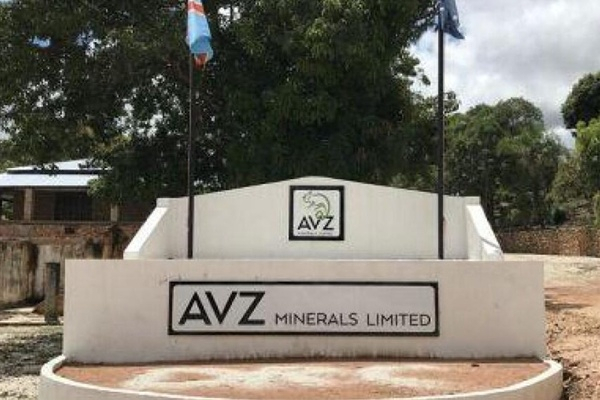Australia's AVZ Minerals has announced that it has secured $15 million in funding from Locke Capital, a specialist in litigation finance, to support its legal efforts surrounding the Manono lithium project in the Democratic Republic of Congo (DRC). This financing will cover costs associated with several international arbitration proceedings initiated by AVZ, particularly concerning disputes with the Congolese authorities and partners such as Zijin Mining and Cominière over the PR 13359 exploration permit. This permit, which covers part of the Manono project, is central to a dispute submitted to the International Centre for Settlement of Investment Disputes (ICSID).
The funds will be allocated to cover legal fees, arbitration costs, and other expenses related to ongoing litigation. AVZ backs the financing with its assets, including its interests in the Manono project and its associated subsidiaries.
A Dispute Against a Backdrop of Falling Lithium Prices
Since 2023, AVZ Minerals has contested the Congolese authorities' decision to award an operating license for the Manono project to Manono Lithium SAS, a joint venture owned by Zijin Mining and Cominière. AVZ argues that the permit violates ICSID provisional orders to maintain the status quo pending a decision on the dispute’s merits.
Manono, a strategic project for AVZ and the DRC, is one of the world's largest lithium deposits. According to company estimates, it contains at least 400 million tonnes of mineral resources grading 1.65% lithium. Manono could significantly leverage the DRC’s lithium potential and bolster its mining revenues. However, legal disputes over mining rights have hindered its development. The $15 million financing recently secured by AVZ should enable the firm to continue its legal proceedings without immediate financial constraints, potentially extending these proceedings by several years.
Global lithium prices have fallen drastically since 2022. For instance, the price of spodumene fell from $6,401 per tonne in December 2022 to around $770 in September 2024 a decline of nearly 90%. This drop is attributed to oversupply while demand grows at a more moderate pace. According to the International Energy Agency (IEA), global lithium production is expected to reach 194,000 tonnes in 2023, an increase of 81% compared to 2021. However, demand grew by only 63% during this period, reaching 165,000 tonnes. Contributing factors include a buildup of inventories and slower-than-expected growth in electric vehicle sales.
LNK










